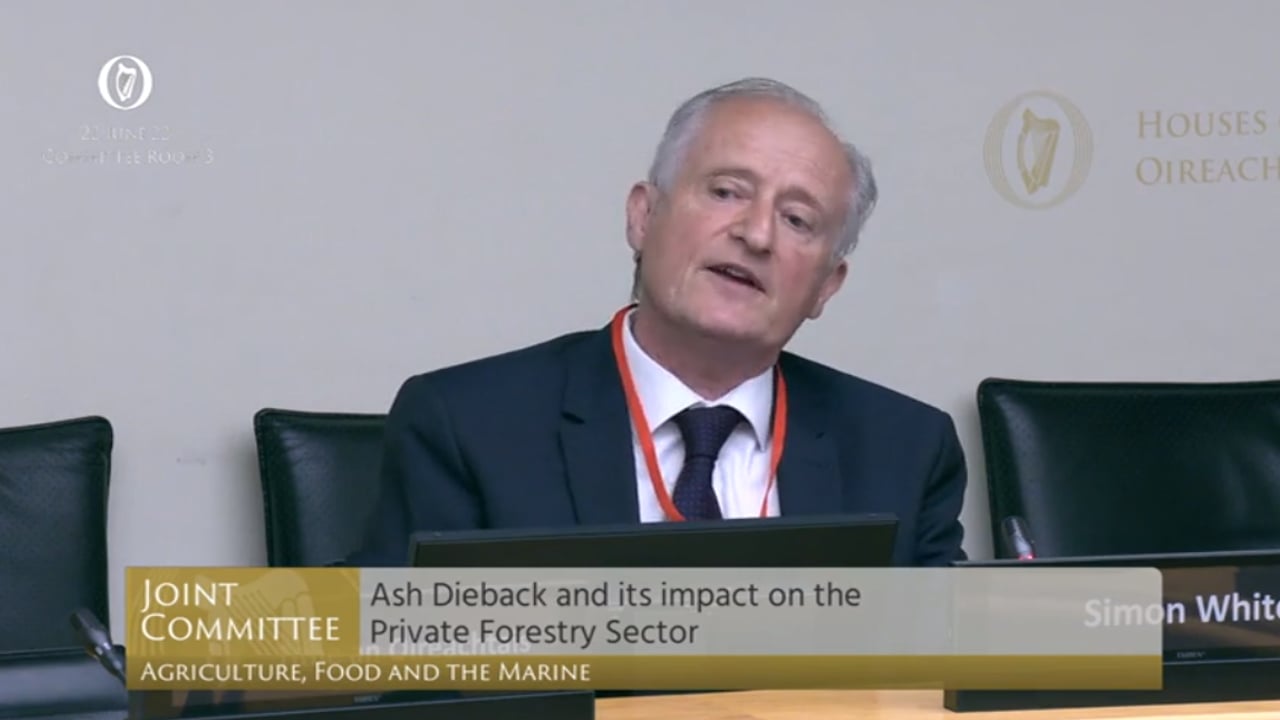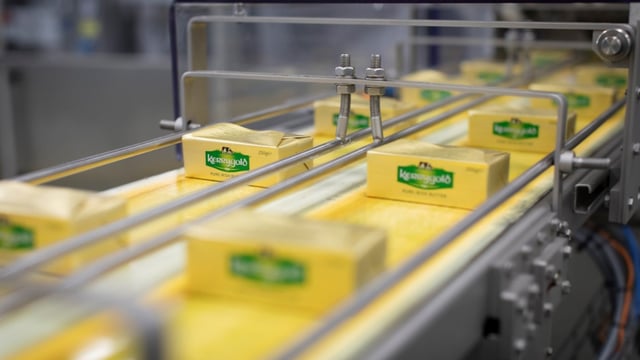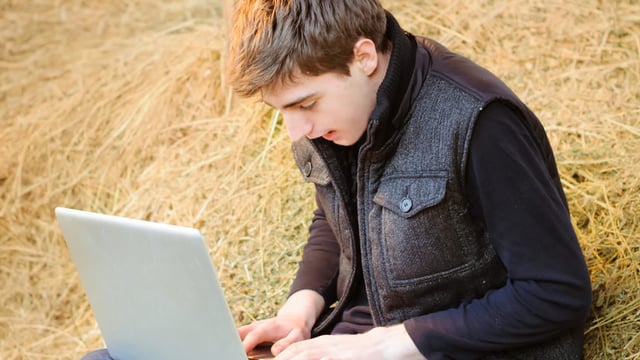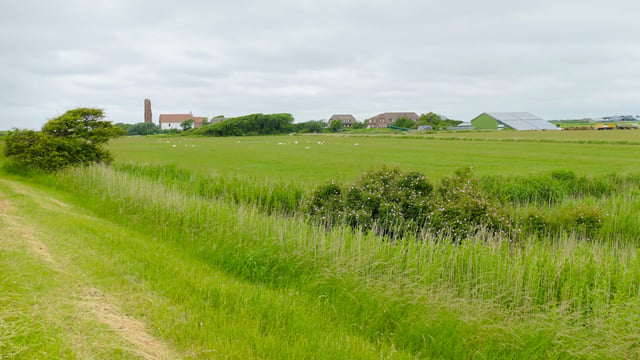Ash dieback: 'No attempt made to address horrendous mess ash growers face'
Ash dieback-impacted planation owners feel like they have been abandoned by the forestry service of the Department of Agriculture, Food and the Marine (DAFM) according to representatives of Limerick and Tipperary Woodland Owners Ltd (LTWO).
"We are left with nothing and nobody cares," said vice-chair of the Limerick and Tipperary Woodland Owners Ltd., John O'Connell.
He was present at the Joint Oireachtas Committee on Agriculture, Food and the Marine this week, alongside the organisation's chair, Simon White.
During the meeting the committee heard that, out of thousands of landowners and farmers whose ash plantations have been impacted by the airborne fungal disease, it is understood that approximately 64 have been successful in the Reconstitution and Underplanting Scheme (RUS).
RUS - a failed initiative
RUS was established in June 2020 to offer financial support to landowners whose ash plantations had been impacted by ash dieback.
Financial support offered aims to cover: site clearance or partial clearance; replacement of ash trees with alternative species following clearance; and underplanting – partial replanting of an ash plantation following partial clearance.
In January 2022, the DAFM confirmed that 530 applications had been made in total to he scheme.
But the scheme was described by LTWO chair, Simon White as a " failed initiative that was badly designed".
It needs to be replaced with a scheme that "assists people rather than costs people", he added.
He said when the LTWO last presented to the Oireachtas committee in 2020, they explained why RUS was not fit for purpose then - and this view has not changed.
A number of vital elements still need to be addressed, according to the LTWO chair, including:
He explained that LWTO has met with Minister of State at the DAFM with responsibility for forestry, Pippa Hackett, on a number of occasions over the last 18 months.
"We met Minister McConalogue a year ago. He, again listened, but was not inclined to get involved, preferring to leave all decisions on this matter to his junior minister.
"This is of concern because, ultimately, the responsibility rests with him," he said.
Lost planting seasons
He continued that the result of inaction by the authorities is that two planting seasons have now been lost.
But that is just the tip of the iceberg when combined with financial losses due to the disease and resulting infected trees; costs involved of tree removal; health and safety risks associated with the older plantations; and the significant threat to landowners' mental health.
When questioned by the committee on the role of RUS in helping landowners recoup losses and replant land, some of the shortcomings of the scheme - as identified by LTWO - were explained.
In reality, access to the RUS, according to White, is limited to a small number of plantation owners; the financial support for clearance is insufficient; and the rule that the land must be replanted with trees, rather than allowing landowners to return the land to alternative crops, is unfair and must be challenged.
Sharing part of his own ash-dieback experience, White said:
Explaining, he said:
"I am only going to be given €1,000 per hectare to take out the trees - that is €8,000 in total - and that is not a fraction of what it will cost to take those trees out, especially today with fuel prices," he stressed.
"I will have to invest between €20-40,000 more just to get the trees out, on land that I will get no benefit from, he said."
He said landowners should not be forced into replanting their land with trees when no guidance has been given to landowners as to what they should replant with.
"You can't replant ash with ash," he said.
Under pressure
The LTWO chair called on the Oireachtas committee to continue to pressure the DAFM into addressing this issue in a "genuinely fair and efficient manner".
"We would like to see the forestry representation in Teagasc invited before this committee to outline what they have done to investigate the way forward for people who have lost every potential benefit they legitimately expected from growing ash, and what they propose to do about it.
"We are now in a stalemate situation in private forestry because the way that landowners have been treated has effectively turned them away from the idea of planting trees," White continued.
Given the current climate situation and our commitments as part of that, this was, he said, incredible.





